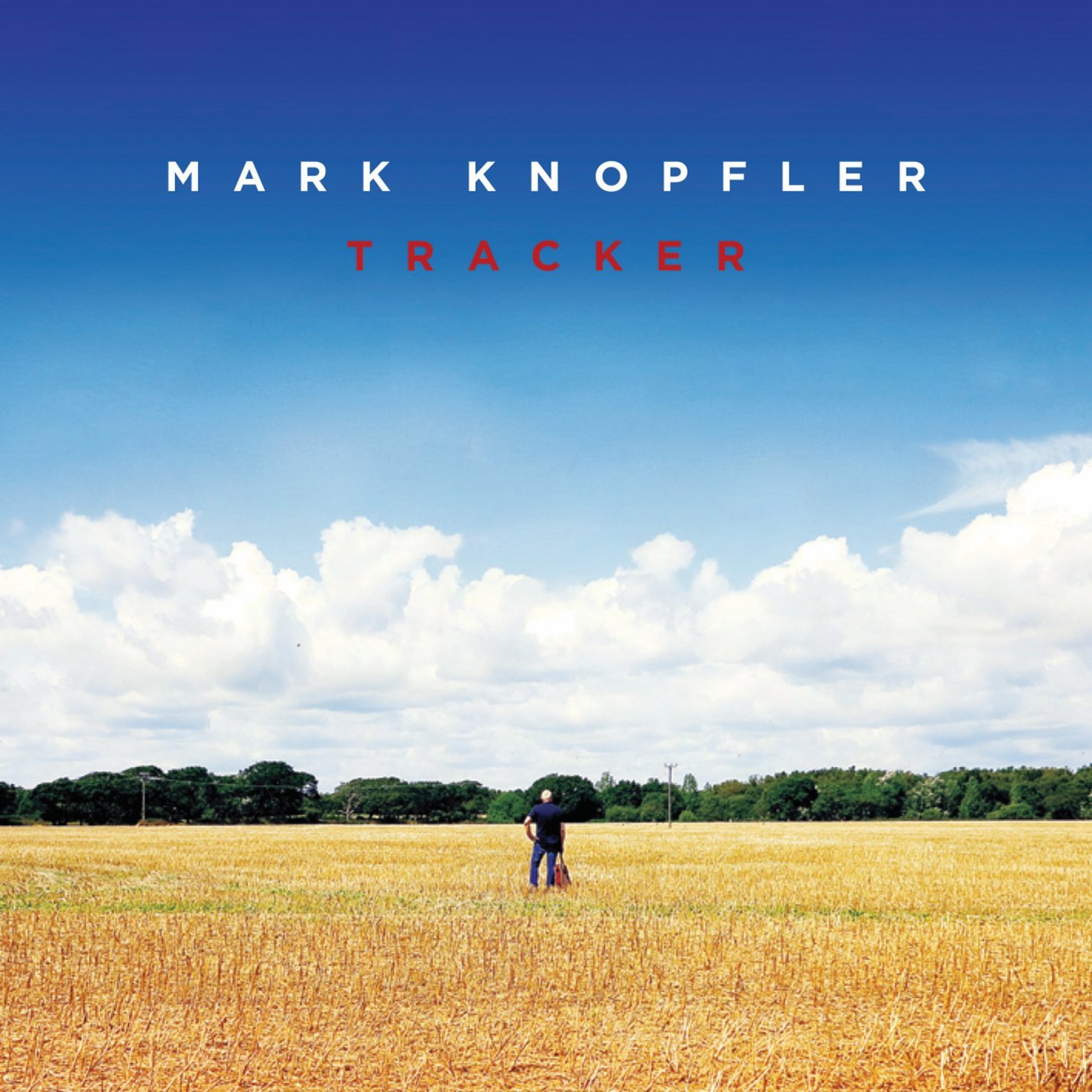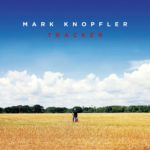
Mark Knopfler’s Tracker is categorized accurately as a solo album. It’s a designation required ever since the guitarist/singer-songwriter disbanded Dire Straits as a full-time group in 1995 following an internationally successful, multi-platinum career. Twenty years on, and Knopfler the solo artist has issued eight studio records (nine, when counting his 2006 collaboration with Emmylou Harris) to his former band’s six, teaming up with Straits mate keyboardist and producer Guy Fletcher for each, as well as producing or co-producing every outing. Early into Knopfler’s solo life comparisons to Dire Straits were frequent, and while his writing, and of course his guitar playing, couldn’t help but contain some stylistic similarity between the two incarnations, his conscious decision to assemble backing bands that employ musicians with stronger traditional folk and country influences rather than the progressive pub rock of Straits has allowed him to ease out of his arena rock headband and into a more comfortable, representative slant for the 65-year-old Scotsman.
Tracker furthers Knopfler’s embrace of that relaxed downshift, opening with a waltz-time shuffle on “Laughs and Jokes and Drinks and Smokes,” his trademark guitar tone upfront and full-bodied, yet quickly yielding to the idyllic breeze of Irish melody from John McCusker’s fiddle and Mike McGoldrick’s whistle and flute for a singalong rouser. “Basil” follows, an elegy to British poet Basil Bunting, and evokes slightly the pacing and mood of the Brothers in Arms title track, with some of his most expressive and elegant choices on guitar. It’s also a duet with guest Ruth Moody, whose appearance on several cuts, particularly as a backing voice on the light bop of “Skydiver,” brightens Knopfler’s sometimes brusque blue-collar vocals. “River Towns” flows unrushed, with Nigel Hitchcock’s saxophone providing subdued color, as the set, with an exception or two, slows noticeably after the initial first four.
The unfurling drama of “Mighty Man,” with some impeccable slide from Knopfler, turns to an infectious groove the band can’t seem to let go of on “Broken Bones.” A seeming nod to Roger Miller on “Long Cool Girl” reprises Moody for a spirited exchange, leading into “Lights of Taormina,” and Knopfler’s six-string sounding a little like pal Sonny Landreth. “Silver Eagle” maintains the acoustic backdrop hanging behind much of the collection, until “Beryl,” the album’s lead single shakes up some bubbles, with the wonderfully dry wit of Knopfler’s lyrics, emerging rockabilly kick, and glistening guitar. At record’s end, Moody gets a bit of a showcase on “Wherever I Go,” and along with Hitchcock, peacefully closes another winning effort.
Mark Knopfler has spent the past two decades cultivating a prolific solo career that rests only when necessary between studio sessions and world tours. The payoff is a series of releases that have grown with their audience rather than pander to its exposed underbelly of nostalgia. It is from this dedication to the next song, the next show, that he has avoided the trap of recycling his greatest hits from Dire Straits, and instead continues to produce unpretentious, thoughtfully satisfying albums like Tracker.



No Comments comments associated with this post